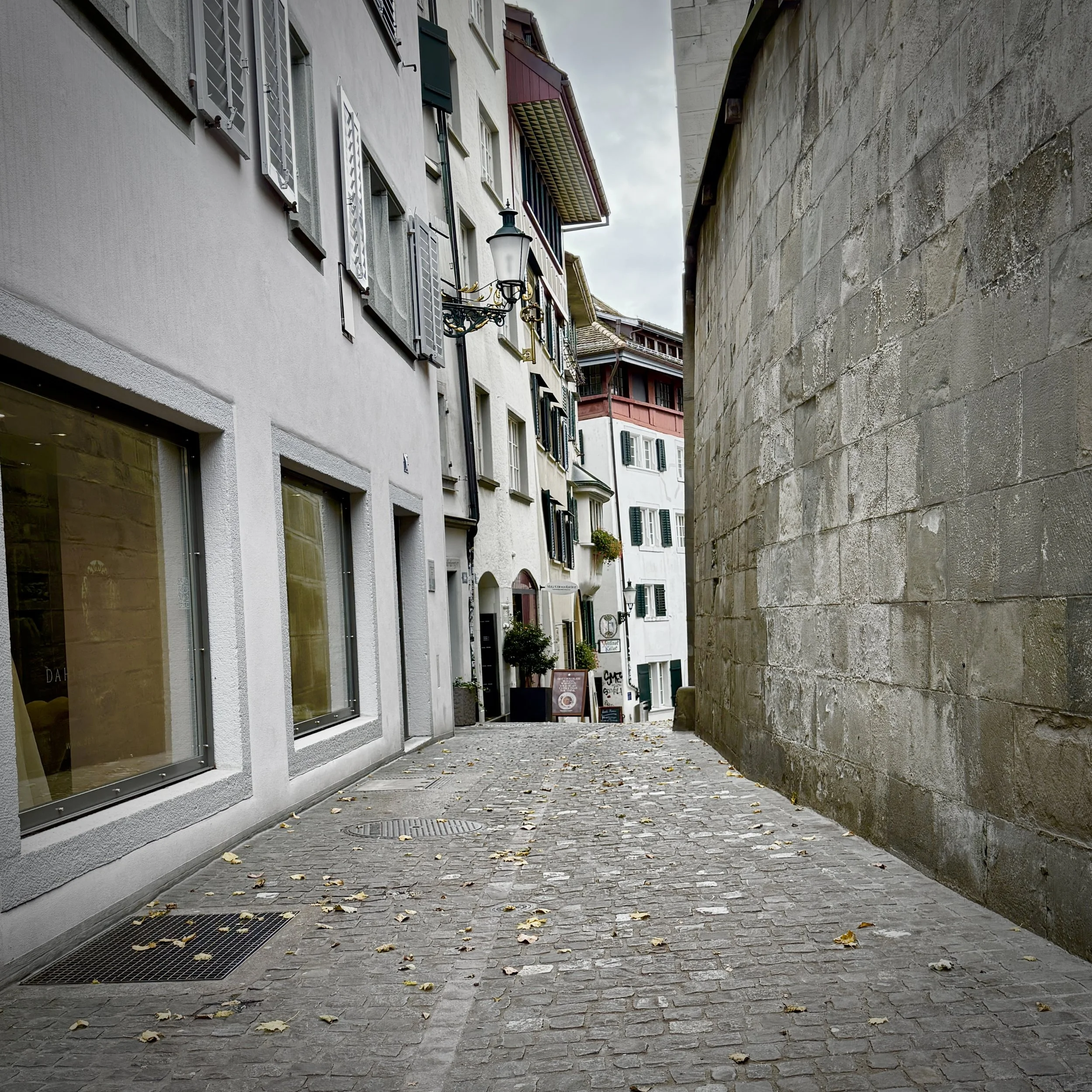
Finding Warmth in Zurich’s Chocolate Labyrinth
I went wandering through Zurich’s old town in search of vegan chocolate. What I found instead was a moment of warmth tucked into a tiny shop and offered freely.
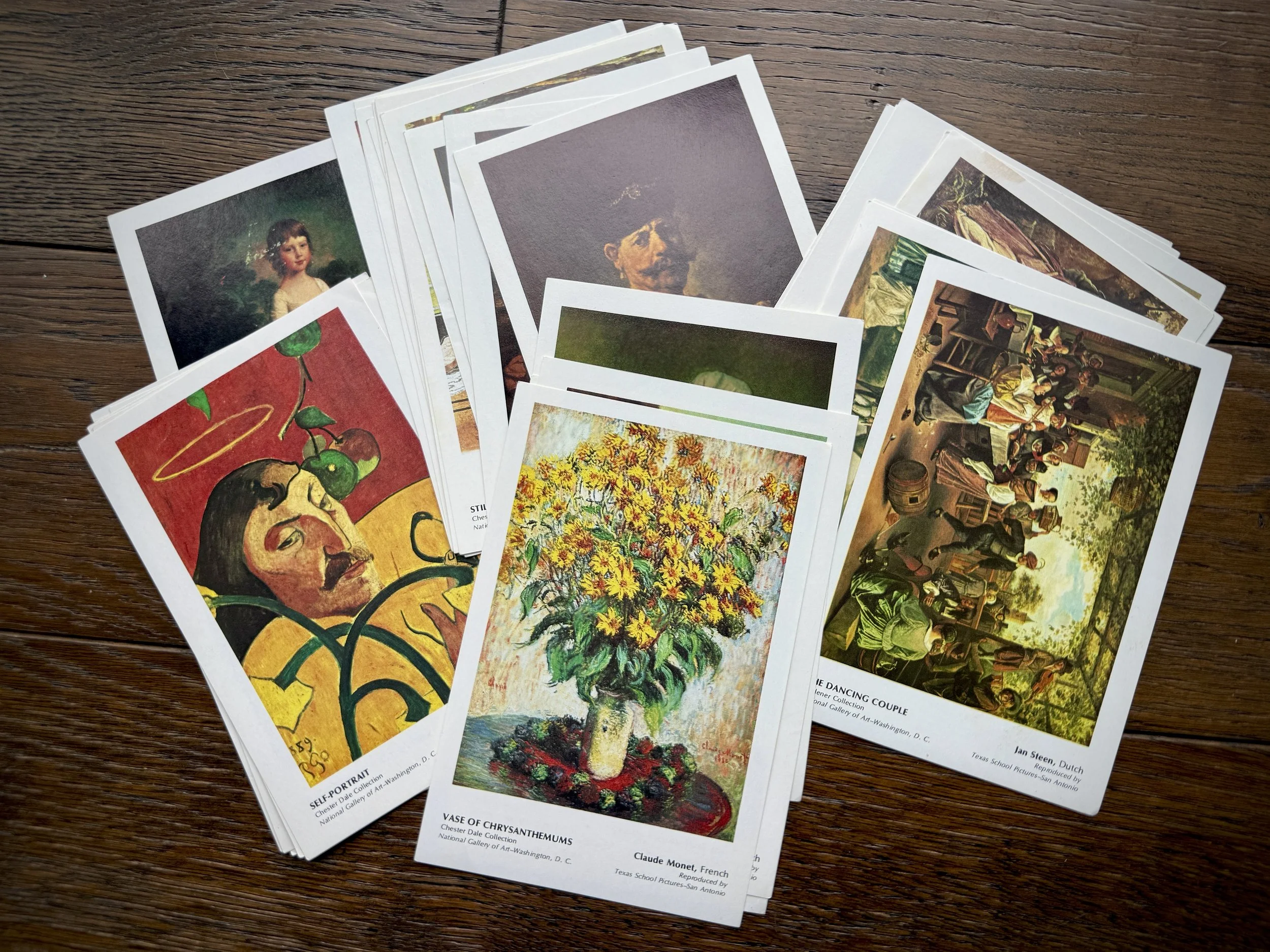
When Memory Becomes Light
Mrs. Bryan taught me to memorize paintings when I was ten. I didn’t know the map she was giving me that year would lead me, decades later, to the Rijksmuseum—and to a part of myself I had misplaced.
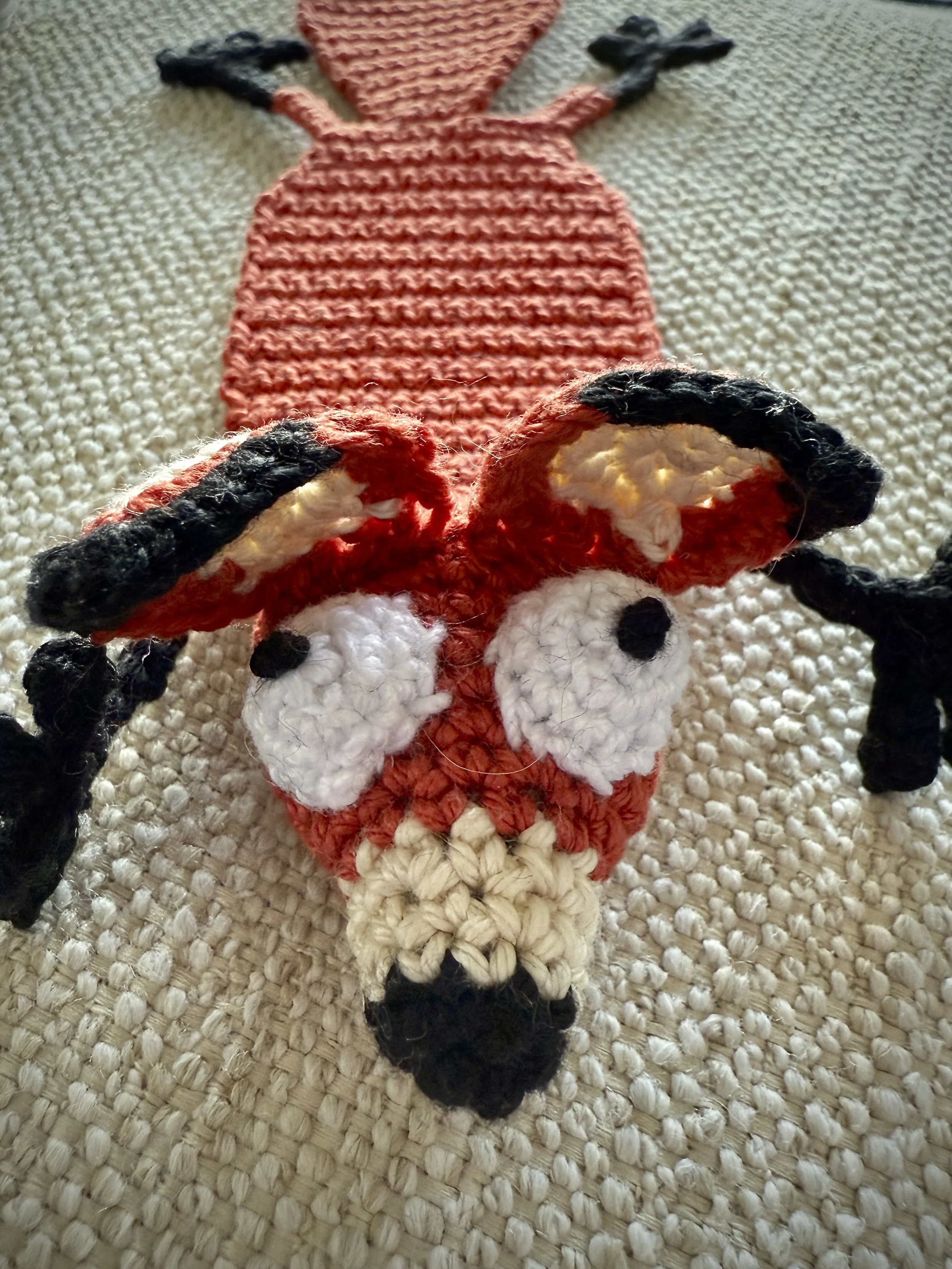
Don’t Judge a Fox by Its Socks
I judged a woman by her flaming fox sweatshirt. Then she and her mother danced circles around me—literally—and taught me a lesson I didn’t know I needed.

The Wild Beneath Our Feet
A Thanksgiving Kinship Walk along Seattle’s shoreline becomes a meditation on land, history, wildness, and the guides who help us hear the city’s heartbeat.
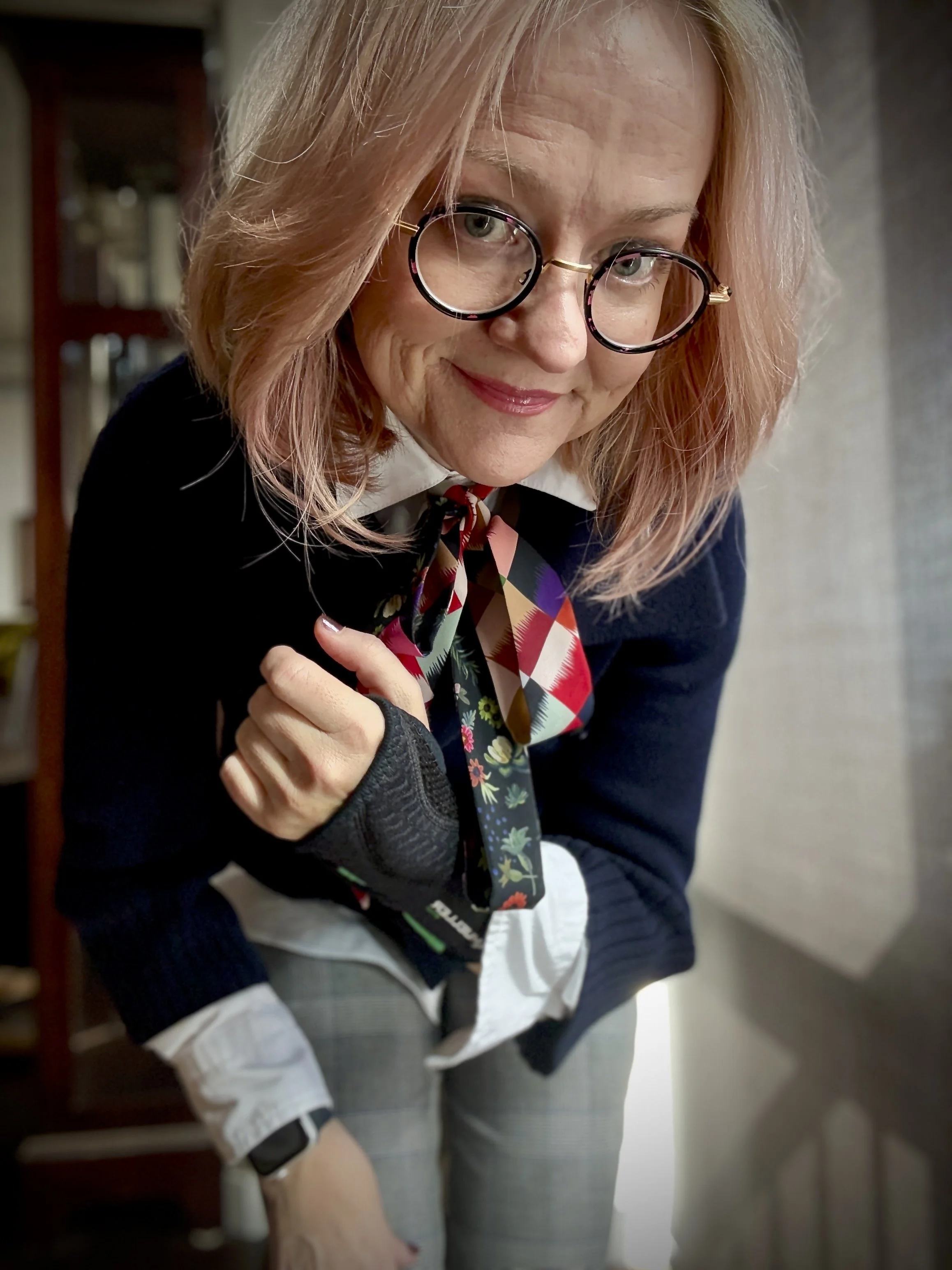
From Skater to Sprained Ego to Recovery Chic
I went roller skating to feel young again. It worked—if by young you mean willing to wager your aging skeleton against nostalgia.

But...She Won
We stood in a tiny dressing room of a trailer, just the two of us. He held the results from the judges. The winner was clear. The woman had blown everyone away. But he hesitated. Then he turned to me and said, “What do you think? Should we give it to my buddy instead?”
Just like that, everything I had built was at risk.
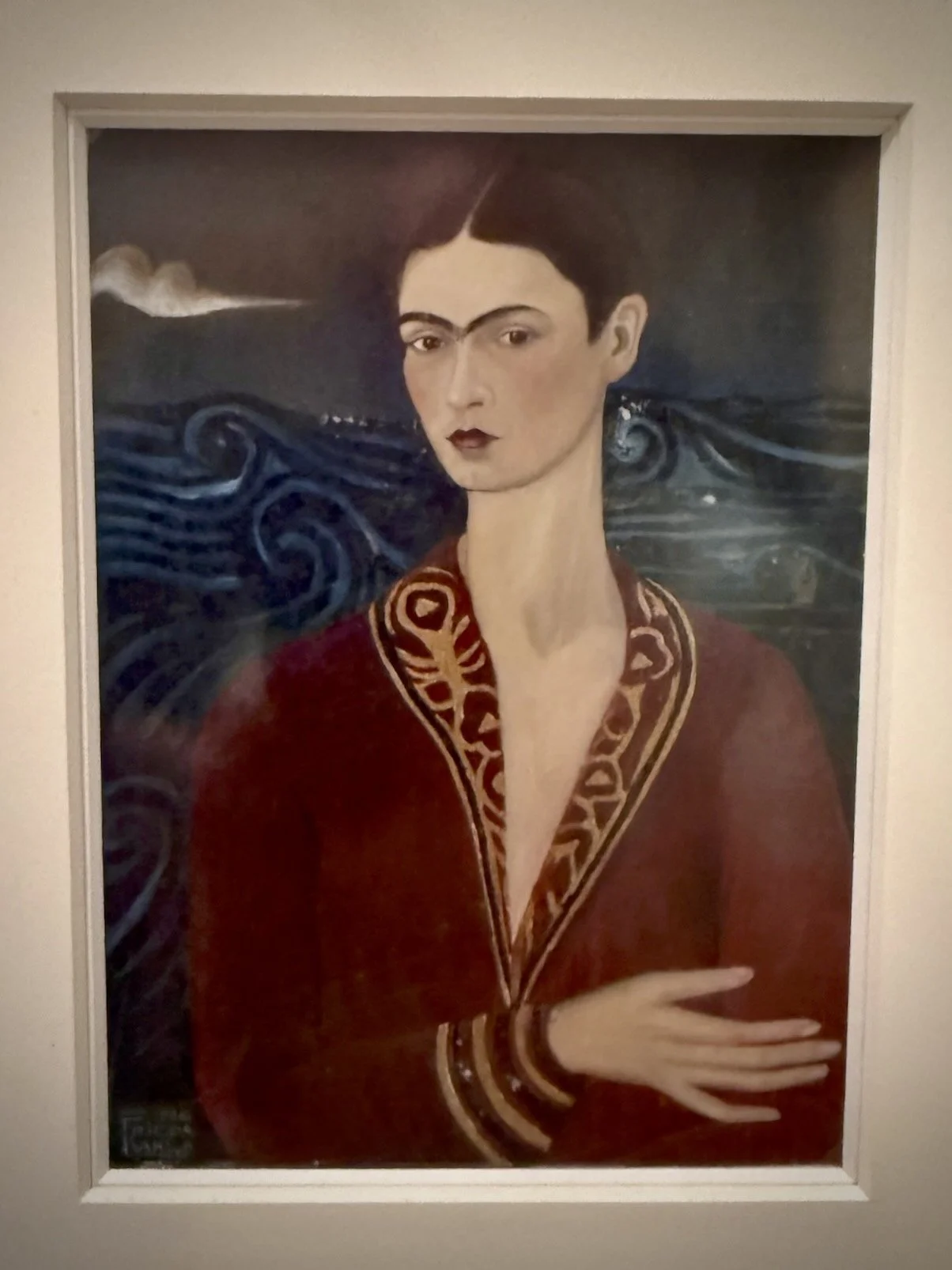
Frida, Fashion, and the Dream That Followed Me Home
This isn’t quite a travelogue. It’s more like a dream I had while awake, somewhere in Coyoacán. Every word is true—just not all of it happened in the usual way.
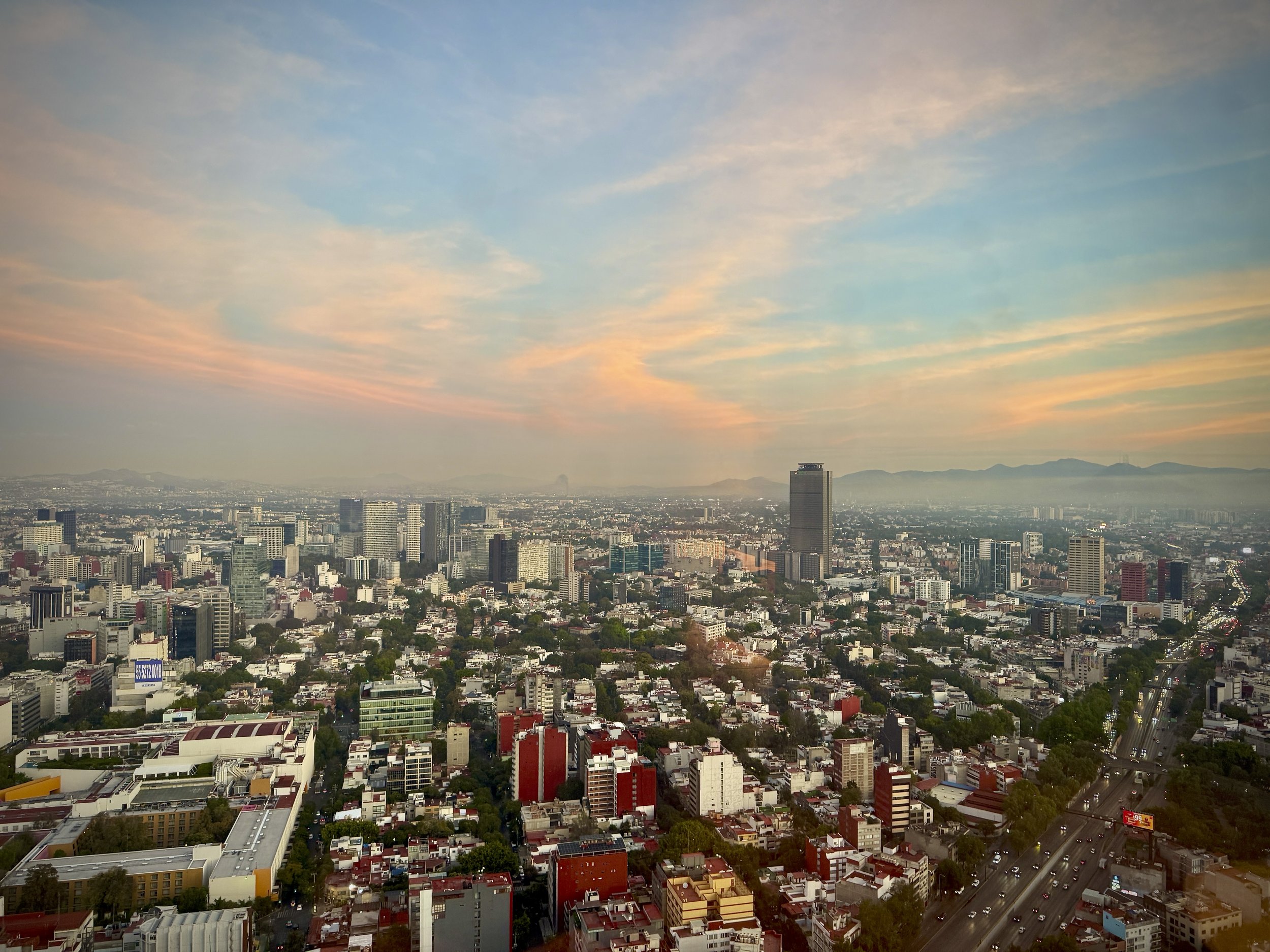
My Sinuses vs. Mexico City: A Telenovela
Our trip to Mexico City started with walking tours, tacos, and ambition. It ended with a cold, a curtain, and a surprising lesson in letting go.
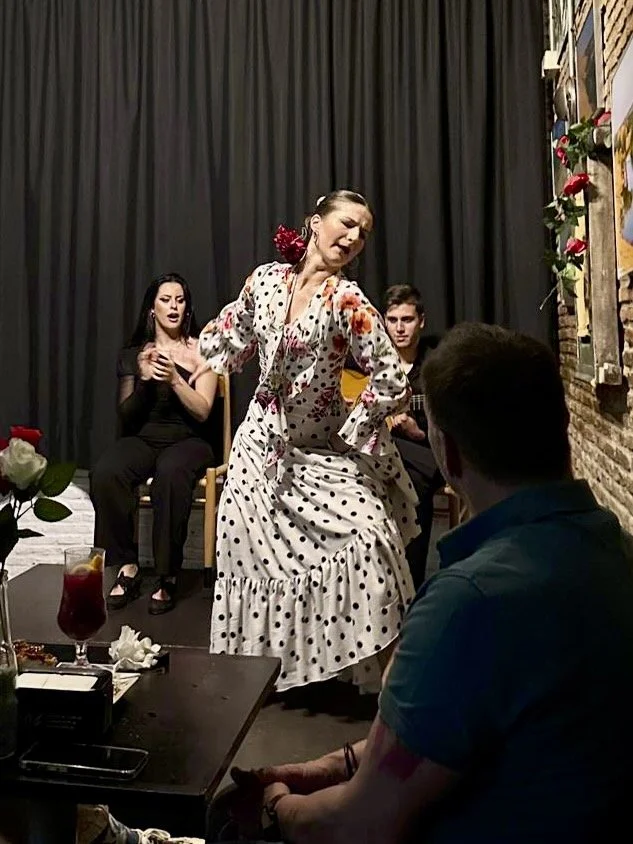
The Fire of Flamenco
When I showed up for a flamenco dinner in Seville, I wasn’t expecting a life-altering moment. I was just trying not to cry into my tapas. But then she appeared—in the corner of a tiny bar, under twinkle lights and a “no moving during the show” rule—and reminded me, with every stomp and sweep of her arm, that I still had a body. And a choice.
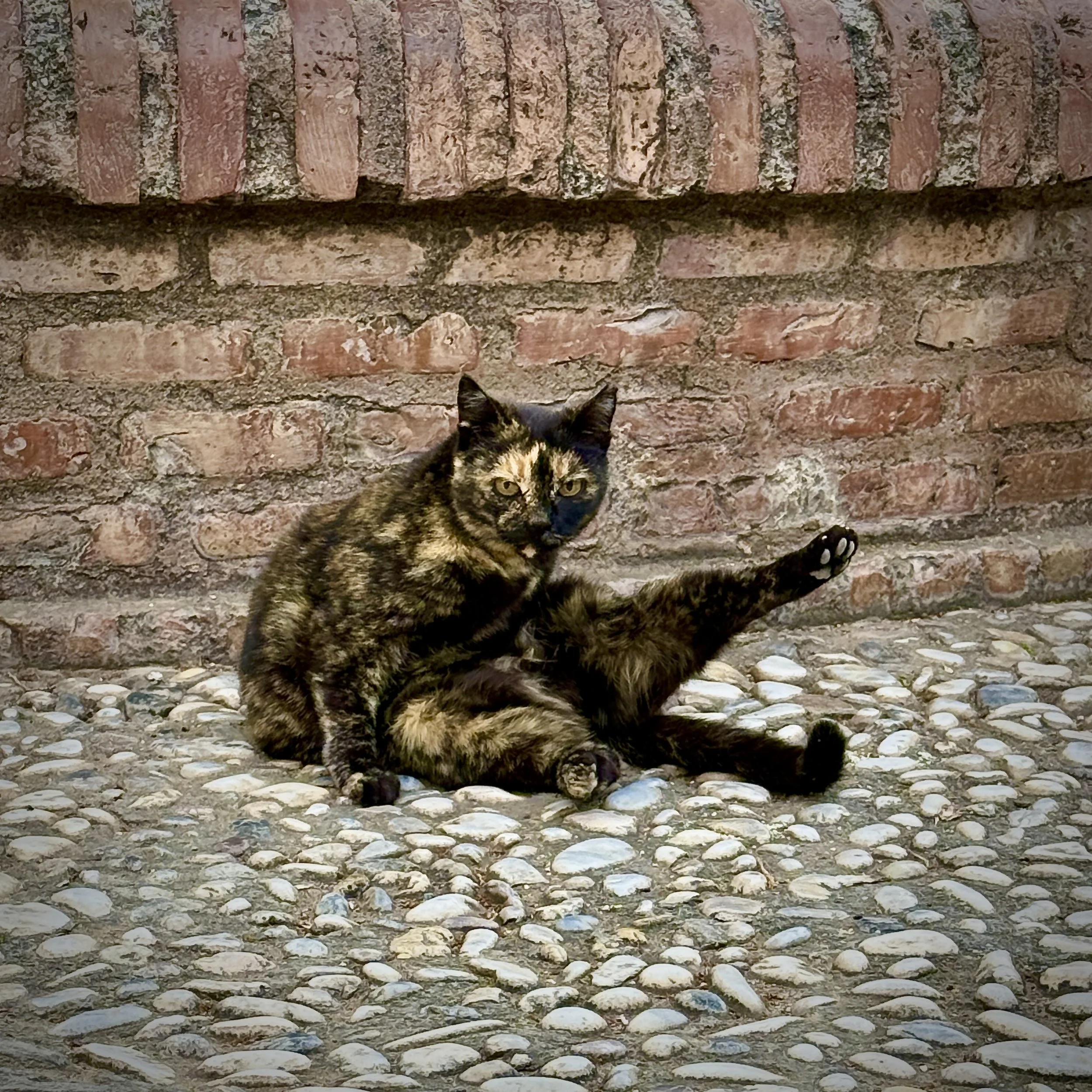
The Cats Who Ignored Me in Spain
A solo trip to Spain wasn’t the plan. But when my travel partner disappeared into work and I found myself wandering the Alhambra with only sun, stone, and disinterested cats for company, I learned something surprising about presence, perspective—and how a well-timed feline blink can feel like emotional support.